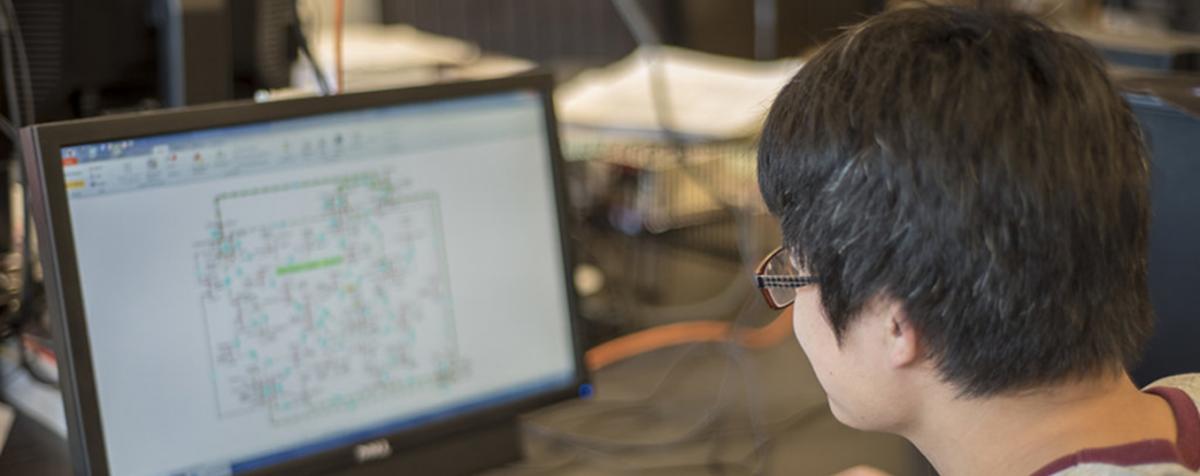The bachelor of arts in applied computing (BA in AC) provides a quality education for the serious computer user. It complements the department's bachelor of science in computer science by providing a program that combines collaboration with other departments and an applications-oriented emphasis.
The BA in applied computing provides a computer science foundation suitable for interdisciplinary collaborations in other disciplines. The degree is ideal for students interested in combing computing with other disciplines such as digital art and design, media, bioinformatics, computational science, psychology or business. Most of our BA majors double major in another discipline. A graduate with a BA in applied computing would be attractive to any employer who wants both computational and other disciplinary skills.
Featured Courses
COMP 3723
Ethical Hacking
About this Course
Ethical hacking is the process of probing computer systems for vulnerabilities and exposing their presence through proof-of-concept attacks. The results of such probes are then utilized in making the system more secure. This course will cover the basics of vulnerability research, foot printing targets, discovering systems and configurations on a network, sniffing protocols, firewall hacking, password attacks, privilege escalation, rootkits, social engineering attacks, web attacks, and wireless attacks, among others. Prerequisites: COMP3361
COMP 3831
Game Capstone I
About this Course
Students design, build, test and debug a fully working game from scratch. Both art and programming are developed by the student teams with the instructor acting as a project manager to ensure that goals are met through the 10-week development process through various milestones. In addition to building the game, students learn group collaboration, software processes, testing, and the methodology for researching new game concepts to implement in their final project. Prerequisite: COMP 3821.
COMP 3432
Machine Learning
About this Course
This course will give an overview of machine learning techniques, their strengths and weaknesses, and the problems they are designed to solve. This will include the broad differences between supervised, unsupervised and reinforcement learning and associated learning problems such as classification and regression. Techniques covered, at the discretion of the instructor, may include approaches such as linear and logistic regression, neural networks, support vector machines, kNN, decision trees, random forests, Naive Bayes, EM, k-Means, and PCA. After taking the course, students will have a working knowledge of these approaches and experience applying them to learning problems. Enforced Prerequisites: COMP 2370 and COMP 2355.
Application Information
Take the first step toward your academic career at the Ritchie School and start your application today.




